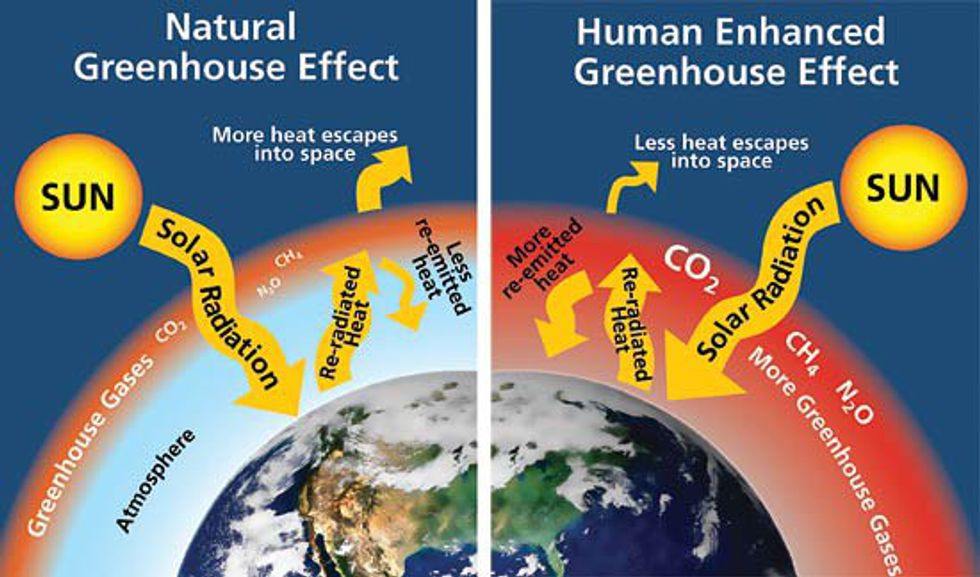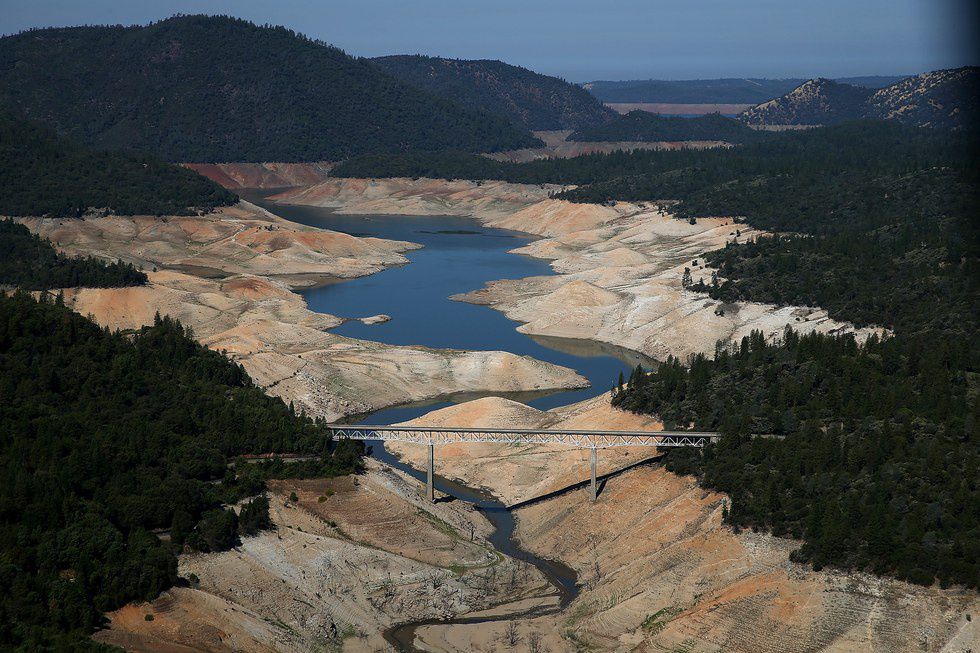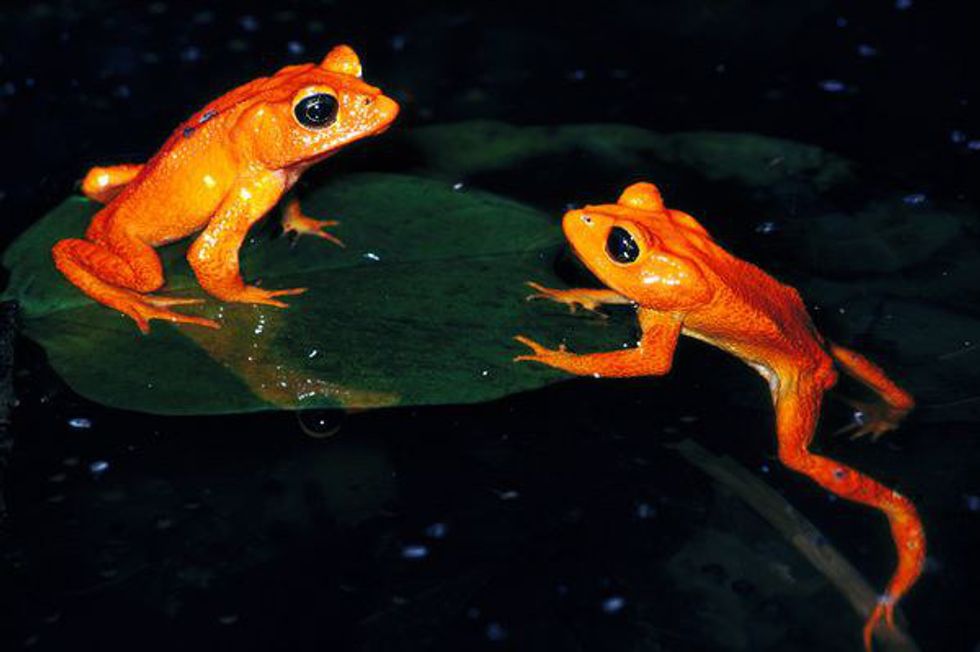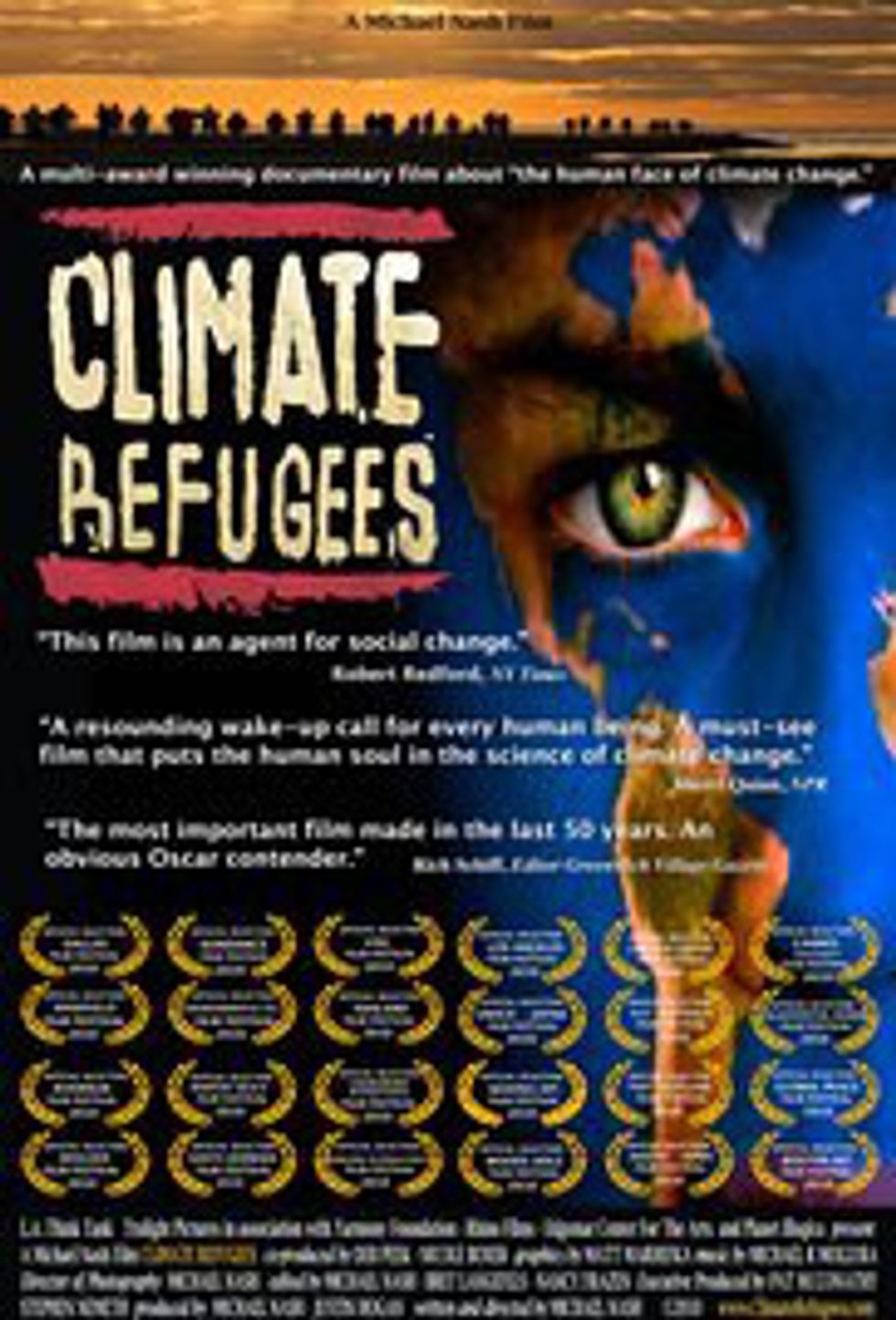Currently, 2016 looks to be the hottest year on record. This is not surprising, as 2015 now holds the record, with 2014 coming in second. Now why should we care about this warming trend? Well, 97% of climate scientists agree that the Earth is warming, and a majority of these scientists believe that this warming is caused by human actions. It is time to stop denying human involvement in these foreboding climate trends and to understand the facts and implications of our actions.
1. Greenhouse gases are heating our atmosphere
The greenhouse effect is one of the most important components of our changing climate. Our consumption and burning of fossil fuels are causing a warming effect. When we burn fossil fuels in factories, in our cars and through countless other activities, heat is trapped in the atmosphere and warms the planet. Carbon dioxide, a particularly pernicious greenhouse gas, undeniably increases temperature when its concentration increases. This is not an opinion, but rather a scientific fact. Increasing the concentration of these gases yields more absorption of heat. Unless we do something to decrease our dependence on these gases, the planet will continue to warm.
2. Extreme weather events are increasing
Precipitation is also an important component of climate. Therefore, as our climate changes, the amount of precipitation changes as well. Some areas of the planet are experiencing heavy rains, and therefore floods, while other areas are experiencing droughts. California, for example, has been under a drought since 2011. Some areas of the state are classified as severely dry. This has severe ecological and human consequences, as habitats grow more inhospitable and water becomes more of a limiting resource for humans. Climate scientists predict that these weather extremes will get worse.
3. Animals and plants cannot adapt fast enough to the changing climate
One sentiment that skeptics often hold is that animals and plants will be able to quickly adapt to their changing environments. This is simply not the case because adaptations occur over long time scales. Our climate is changing too fast for proper adaptations to occur. This inevitably means an extinction crisis. And while a certain low rate of extinctions is normal,
For example, the South American Golden Toad went extinct in 1999 because of changing climate in its native range. We view polar bears as a symbol of our changing climate. They are another example of a species affected by changing climate, because as their icy habitats melt, they cannot adapt fast enough to occupy viable habitats.
4. Earth's climate cycles over long time scales, but this cannot account for recent short-term trends
Our planet experiences glacial and interglacial cycles that last roughly 100,000 years. These cycles account for natural warming periods. However, since the Industrial Revolution, Carbon Dioxide concentrations (and thus temperature) have increased dramatically beyond a rate that can be explained by natural cycles.
5. We cannot blame volcanoes and the sun for overall warming trends
Sunshine and volcanic activity are often cited as two natural reasons for a changing climate. Additionally, deniers of human-caused climate change tend to blame these two phenomenon for our climate trend. However, scientific evidence negates this assumption. Energy from the sun is actually decreasing, which should cause temperatures to decrease. So as temperature increases, power from the sun is decreasing, implying that there are other factors causing the warming trend. Additionally, volcanoes expel a negligible amount of Carbon Dioxide when compared to the amount produced by human activities.
6. Our climate crisis is also causing a humanitarian crisis
The UN has now defined a class of refugees known as, "climate refugees." These are people displaced from their native lands because of climate disasters, as described in the documentary, "Climate Refugees." As sea levels rise, droughts and temperatures increase in some areas, and rains increase in other areas, more people will become displaced. This humanitarian crisis cannot be ignored.
What can we take away from all of this? Yes, many of the changes we see in our climate are the result of natural processes. However, these processes have been accelerated far beyond their normal rate. It is time to take accountability for our involvement in the changing climate so we can pursue solutions. We cannot afford to argue about whether or not climate change is real.






















